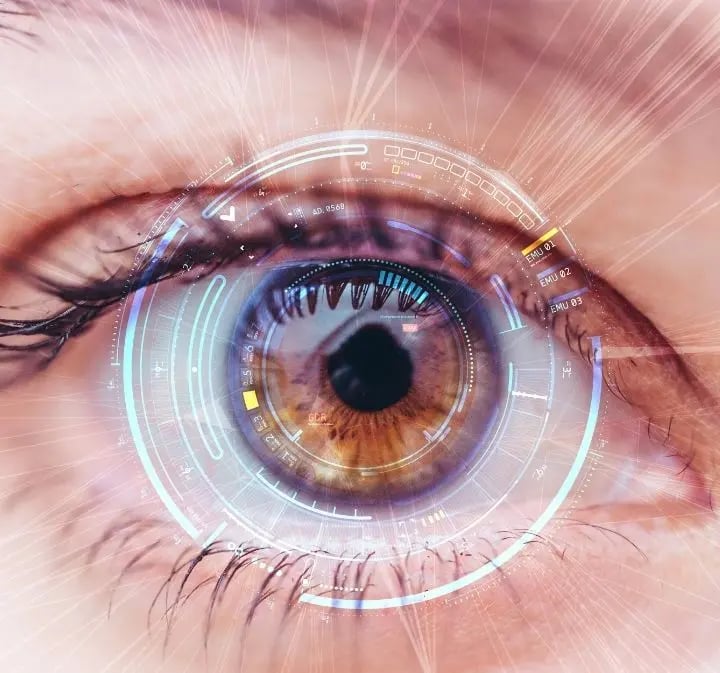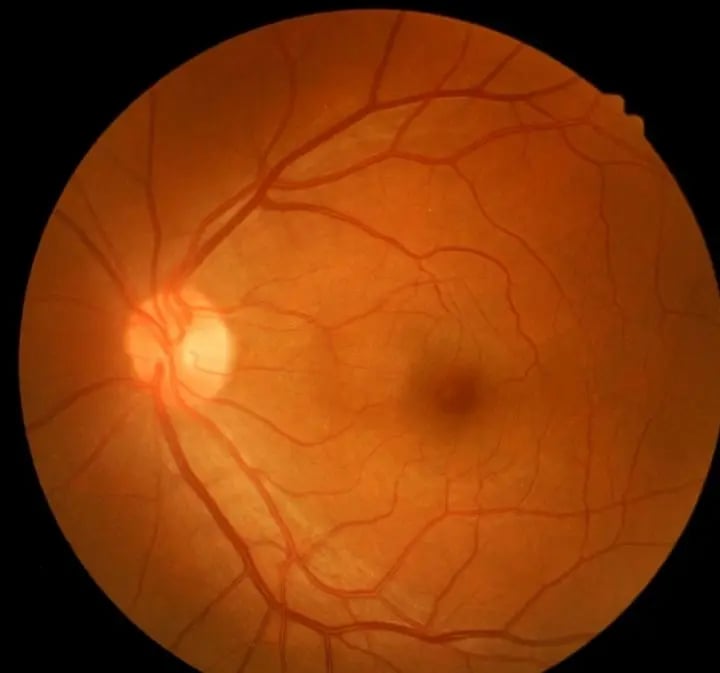Retina and Vitreous


Retina and Vitreous
What is the vitreous
The vitreous is a transparent gel found inside the eye, behind the lens and in front of the retina. It is an essential structure for vision as it helps maintain the shape of the cornea and lens, and also helps focus light on the retina.
The vitreous is a dense gel composed mainly of collagen and water. It is transparent and has no blood vessels, allowing light to pass through it without being deflected.
In some cases, the vitreous can undergo changes that cause vision problems, such as retinal detachment, vitreous detachment, and vitreous opacity. These problems may require surgery to correct.
What is the retina
The retina is a thin layer of light-sensitive tissue that lines the back of the eye. It is essential for vision since it is responsible for converting the light that enters the eye into electrical signals that are sent to the brain to be interpreted as images.
The retina is a complex structure that contains several types of sensory cells, such as cones and rods. The cones are activated in bright light conditions and allow the perception of colors, while the rods are activated in dim light conditions and allow the perception of light and movement.
The retina also contains several layers of nerve cells that help process and transmit light signals to the brain.
Diseases such as macular degeneration and retinal detachment are problems that can affect the retina, causing vision problems and in some cases may require surgery to correct them.
Pathologies of the retina and vitreous
Pathologies of the retina and vitreous can prevent seeing the details of an image clearly, cause blindness or severe visual loss.
Without treatment, diabetes and other diseases clog or tear the blood vessels inside the eye. many times, with progressive deterioration that leads to definitive visual loss, accompanied by pain and/or atrophy of the eyeball. In cases of diabetic retinopathy, age-related macular degeneration and retinal vein occlusions, there is a good alternative to prevent further loss of vision: Argon laser photocoagulation.

 Pay your appointment
Pay your appointment

